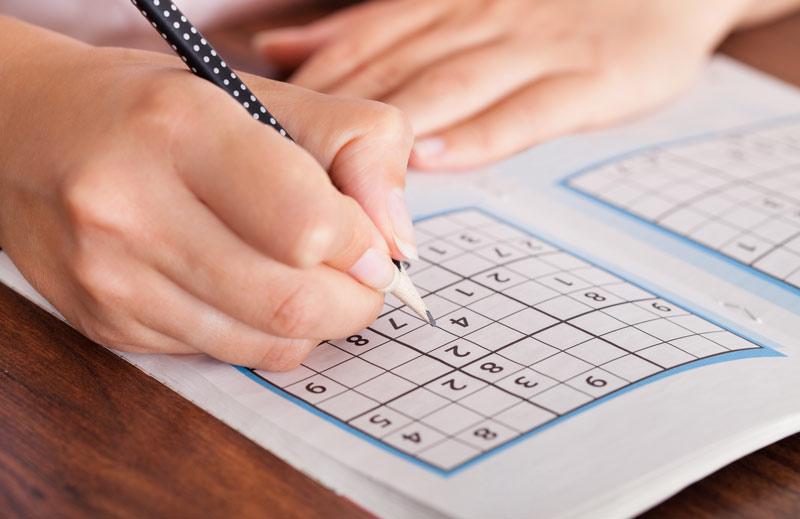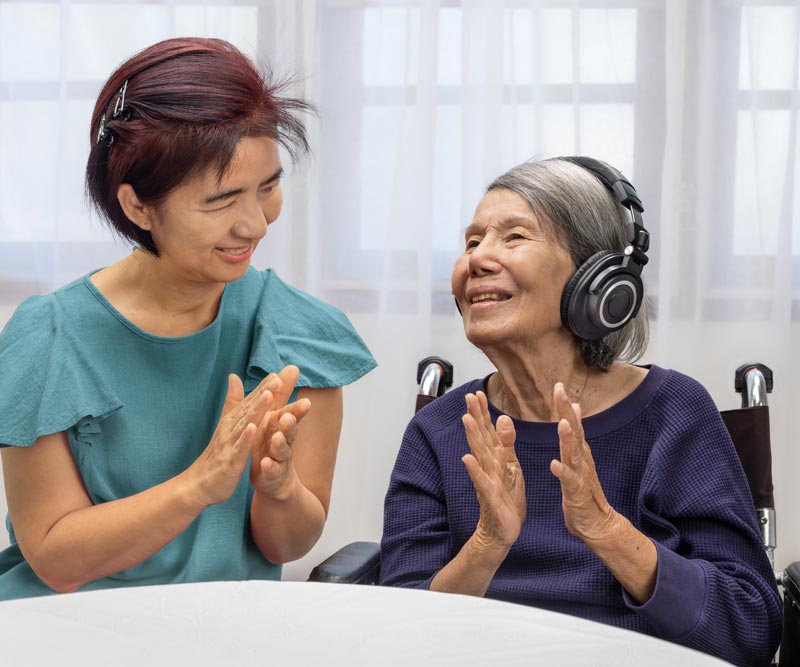
Train Your Brain with Games Focused on Real-World Activities
Spending all day in front of the TV screen won't just turn your muscles to mush – inactivity can cause your brain to atrophy, too.
"The way I think about it is use it or lose it!" says Dr. Huidy Shu, a neurologist at Pali Momi Medical Center and head of the medical center’s Neurology Services.
In the same way a balanced diet and regular exercise can help stave off chronic conditions like diabetes and heart disease, so too can healthy lifestyle choices decrease a person's risk for cognitive impairment and dementia.
“Research shows that the more one does aerobic exercise, such as walking, running, swimming or bicycling, the less likely one will develop dementia,” Shu explains. “Diet also seems to play a role, as well. A recent study has shown that the Mediterranean diet, consisting of mostly fruits, vegetables, whole grains, nuts, fish and poultry, may help to maintain the memory later in life.
“Most active adults are constantly challenging their memory and thinking in their daily work,” Shu adds. “I personally feel that doing additional brain exercises may be helpful when work slows down or stops, such as at retirement age.”
One of the easiest ways to give your memory a boost is through brain training.
Brain exercises don’t have to be complicated – simple games like Sudoku, crossword puzzles and word search are some of the best ways to strengthen your mind muscles.
“Brain exercises can vary from simply reading novels to playing card games such as bridge or poker to doing crossword puzzles,” Shu says. “Returning to school to take classes is perhaps the most intense brain exercise one can perform.”
Other activities that promote better brain health include:
- Playing a musical instrument.
- Memorizing a list.
- Creating word pictures.
- Taking a cooking or dance class.
- Learning a new sport or language.
- Performing math problems in your head.
- Walking a different way to work.
- Driving home on a new route, then mapping your travels from memory.
“Many people today choose to do brain exercises using online programs that claim to boost the memory. However, many websites with brain-training exercises have little or no research done to confirm that they truly work, and there are no head-to-head studies comparing them to one another,” Shu cautions.
Two websites Shu says appear to have some good research evaluating their benefits are:
“A healthy and active lifestyle leads to a lower chance of dementia,” says Shu. “This means exercising the body and mind every day, eating a healthy diet, avoiding excessive alcohol, avoiding tobacco and actively controlling one's high blood pressure and diabetes, if these apply to you.
“Take care of your body, and your brain will function better over time too.”
Published on: May 7, 2016




